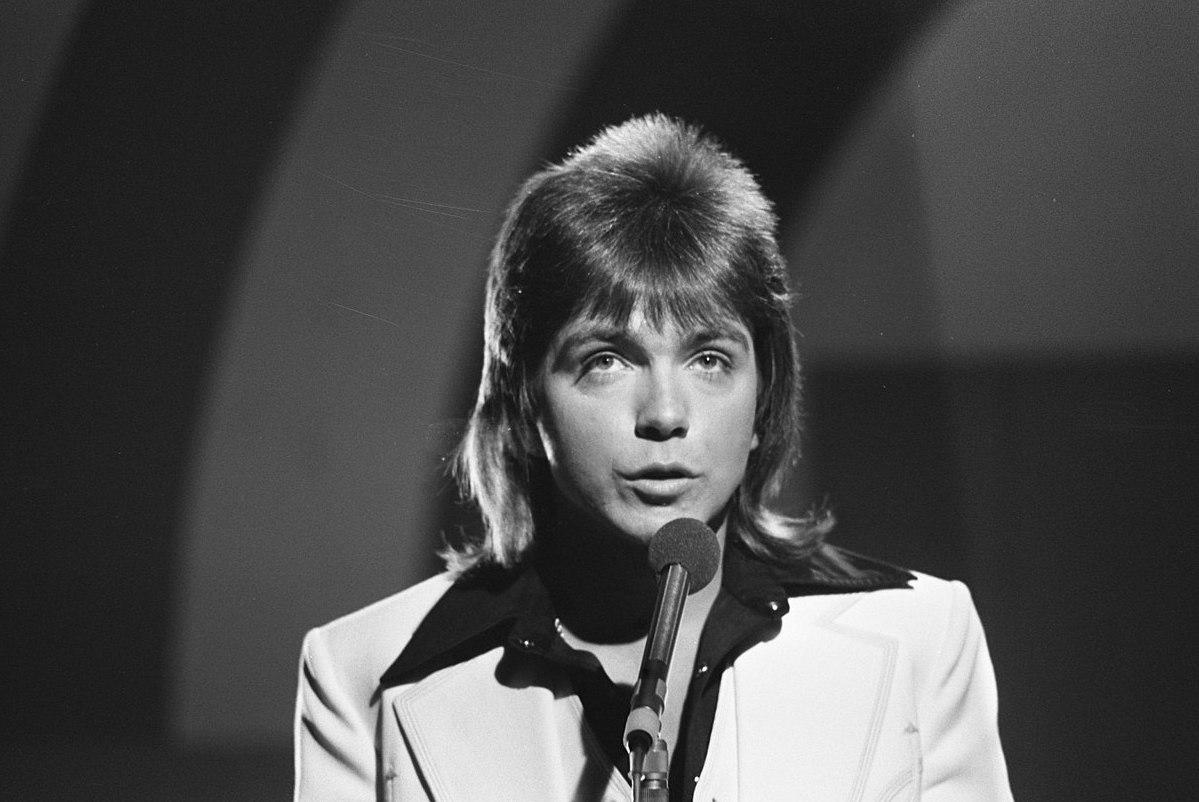Psychologists haven't forgotten young celebrity fanatics of earlier decades such as The Beatles fans of the sixties. The difference, psychologists say, is that changes in technology have made celebrities more accessible, and so kids' lives are more saturated with their favorite celebrities.
Whereas David Cassidy could be viewed merely once a week, today's television and music stars can be viewed multiple times a day through re-runs and social media, or have fan clubs send celebrity information straight to their cell phones.
Psychologists say some degree of celebrity worship is healthy, and can even help kids develop social relationships with their peers by providing them subject matter to gossip about. What's worrisome is when kids develop such an emotional attachment to celebrities that they believe they're intimate friends with them, or that a particular celebrity is their sould mate.
It's also worrisome that celebrity worshippers tend to define themselves not in terms of their own attributes or accomplishments, but in terms of their knowledge of or closeness to a celebrity. Such kids tend to be loners with few, if any, social ties to peers or family.
It may be that these kids' unhealthy obsessions are brought on by this lack of closeness to other people or by other stressors. Unfortunately, say psychologists, it's difficult to reverse the behavior of obsessing about celebrities once it has begun.










